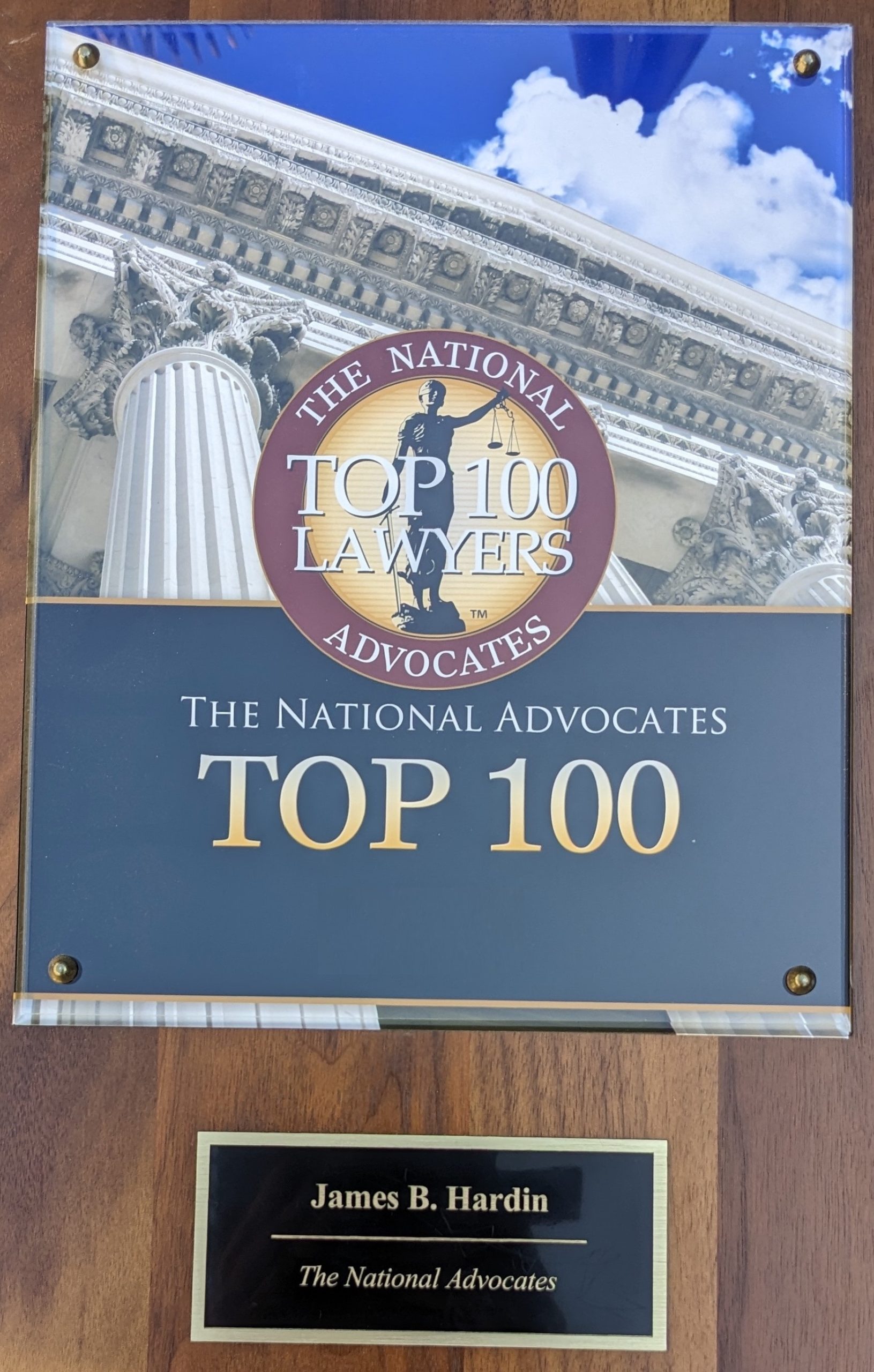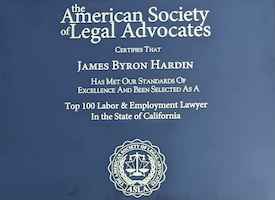Do I tell my employer about my disability?
As a worker with a disability in the state of California, it is important that you know how laws protect you in the workplace. Although the Americans with Disabilities Act (ADA) sets forth regulations that ensure equal opportunity for all employees, reporting a disability can often times feel disconcerting.
Even with most job applications incorporating a disability disclosure to prevent discrimination, courtesy of the Equal Employment Opportunity Commission (EEOC), in some cases the preemptive request for private information can feel alarming. For those living with a disability whether it is visible or invisible, deciding to disclose it to an employer or future employer can feel conflicting for many reasons.
And even though discrimination is illegal, it still occurs every day and to some disclosing a disability may seem like a way of jeopardizing a career. Fortunately, with the ADA in place, every individual with a disability has the choice of whether or not to disclose this information to their employer.
Telling your employer about your disability is completely up to you. However, it is important to know what is at stake if your employer is not aware of your disability. In many cases, it can be in the best interest of the individual to disclose their disability to their employer if it affects their essential job performance that way a reasonable accommodation can be requested.
Can an Employer ask if I have a disability?
A potential employer has no right to ask during the interview or hiring process if a potential candidate has a disability. However, it is important to note that there are ways that they are able to get around asking this question outright. An example of this is the question, are you able to perform the essential functions of the position without accommodation?
How do I disclose my disability to my employer?
There are many ways for you to disclose a disability to your employer and the choice of if and when is up to you. The first option would be to disclose during the application process in order to offer full transparency to your potential employer. However, this course is not always taken due to fear of discrimination or unconscious biases that can occur as a result.
The second option would be to disclose your disability after you receive the company employment offer. If your disability does not interfere with your capability of performing the essential responsibilities of the role, then notifying your employer once you receive an offer can alleviate stress for the individual disclosing the information. That way the interview process is focused on a candidate’s qualifications without any potential for biases.
A third option is disclosing this information once you are employed. Waiting to reveal information about a disability to your employer may feel more comforting once you are able to establish a relationship with your coworkers and supervisors. Making the decision to tell your employer about your disability is an important one and under the ADA you are able to disclose this information in any way that you choose. Although it can be verbal, disclosing your disability in writing may be the most beneficial for you and your employer.
If you feel as though your rights have been violated, contact our team today to learn what options are available to you.





















